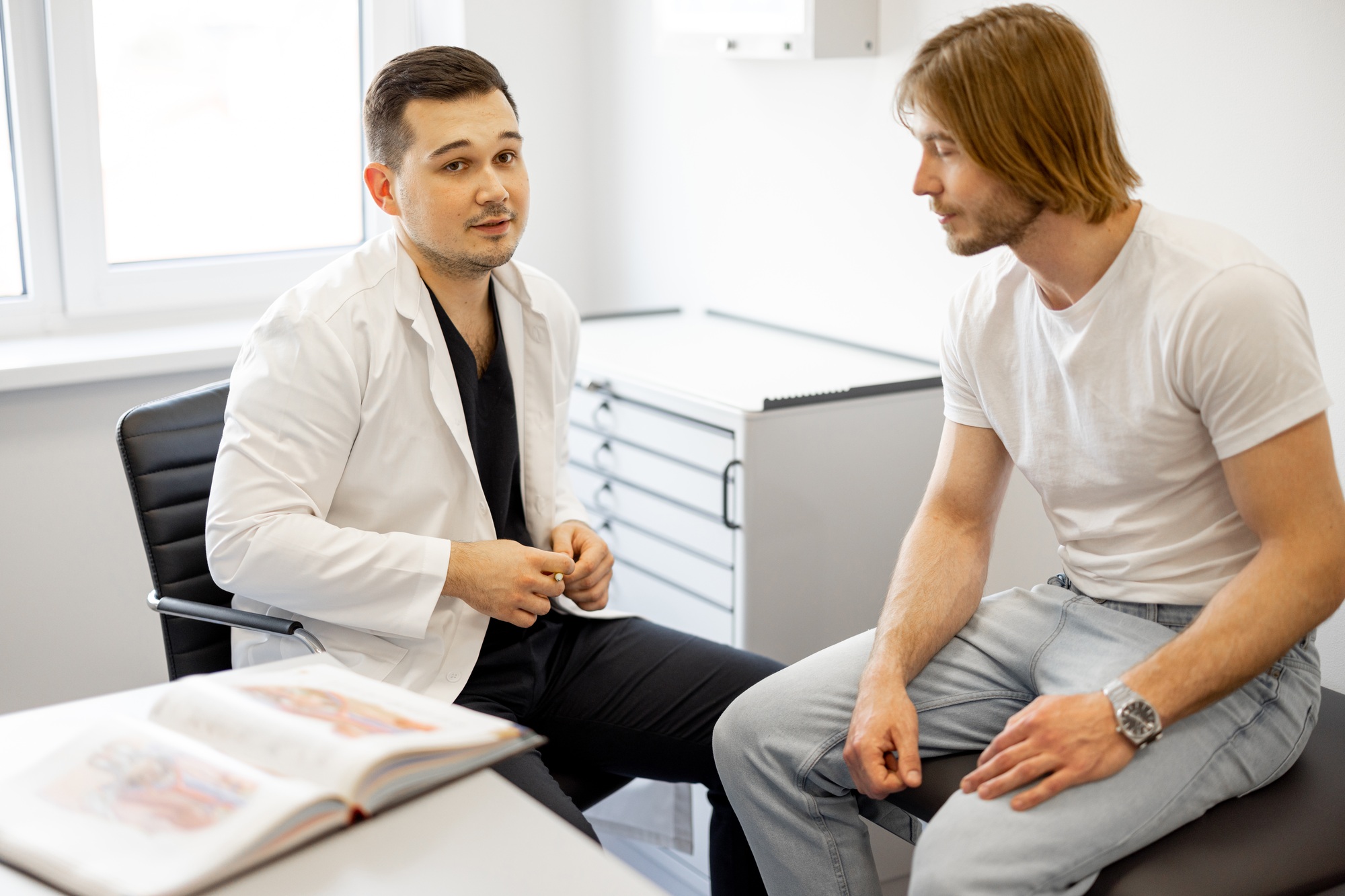Table of Contents
Introduction: Fatty Liver Disease
Did you know that Fatty Liver Disease affects up to 35% of the global population? This condition occurs when fat builds up in the liver, often without noticeable symptoms in its early stages. Left untreated, it can lead to serious complications, including liver inflammation and scarring.
In this article, we’ll explore the key aspects of Fatty Liver Disease, including its warning signs, causes, and available treatments. Whether seeking to understand this condition better or seeking adequate care, Unio Specialty Care provides expert guidance to help you manage your liver health.
What Is Fatty Liver Disease?
Fatty Liver Disease occurs when excess fat builds up in the liver, potentially impairing its function. While early stages often show no symptoms, excessive fat can lead to serious complications over time.
The condition is classified into two main types:
- Metabolic Dysfunction-Associated Steatotic Liver Disease (MASLD): Previously known as Nonalcoholic Fatty Liver Disease (NAFLD), this type is linked to obesity, insulin resistance, and high cholesterol. Most cases are harmless (simple fatty liver), but around 20% progress to Metabolic Dysfunction-Associated Steatohepatitis (MASH), which involves liver inflammation and damage, increasing the risk of cirrhosis and liver cancer.
- Alcohol-Associated Fatty Liver Disease (AFLD): Caused by heavy alcohol use, this type can also lead to liver inflammation and scarring. Some individuals have both problems, which increases the risk of serious liver disease.
Lifestyle factors and metabolic conditions are major contributors, making early diagnosis and treatment essential for preventing advanced stages.
What Are the Symptoms of Fatty Liver Disease?
Fatty Liver Disease mostly develops silently, with no symptoms in its early stages. However, as the condition progresses, it can lead to noticeable and sometimes severe signs.
Common symptoms include:
- Fatigue and weakness
- Pain or discomfort in the upper right abdomen
- Unexplained weight loss or reduced appetite
- Swelling in the abdomen (ascites from fluid buildup) or legs (edema)
- Jaundice (yellowing of the skin or eyes)
What Are the Causes of Fatty Liver Disease?
Fatty Liver Disease is linked to metabolic, environmental, and lifestyle factors, with metabolic dysfunction being a primary contributor.
Key causes include:
- Metabolic Syndrome: Associated with diabetes, obesity, high cholesterol, and high blood pressure, increasing the risk of MASLD.
- Oxidative Stress: Imbalances in antioxidants and pro-oxidants leading to liver cell damage, inflammatory protein buildup, and potential cell death with development of scar tissue that distorts the liver anatomy and decreases function..
- Gut Microbiota: Intestinal bacteria disruptions may promote liver inflammation.
- Other Factors: Rapid weight loss, viral hepatitis, medications, and autoimmune or inherited liver conditions.
What Are the Risk Factors of Fatty Liver Disease?
Studies estimate that up to 70% of individuals with obesity and 90% of those with severe obesity have some form of Fatty Liver Disease. Understanding the key risk factors can help in early detection and prevention. Genetics are important, as many risk factors are inherited.
Key risk factors include:
- Obesity: Excess weight, particularly around the abdomen, is strongly associated with fatty liver.
- Type 2 Diabetes and Insulin Resistance: Both significantly increase the likelihood of developing fatty liver.
- Polycystic Ovarian Syndrome (PCOS): This condition, linked to insulin resistance, elevates the risk of liver fat accumulation.
- Unhealthy Metabolism: Fatty liver often indicates broader metabolic dysfunction and raises the chances of cardiovascular disease, strokes, and kidney issues.
- Age: While common in adults, it also affects about 10% of children in the U.S.
- Lifestyle Choices: Sedentary habits and poor diets contribute to fat buildup in the liver.
Recognizing these risks early can help prevent progression to more severe liver complications.
What testing helps diagnose fatty liver disease?
Can Fatty Liver Disease Be Reversed?
What Treatment Options Are Available for Fatty Liver Disease?
Treating Fatty Liver Disease involves addressing its underlying causes and making targeted changes to improve liver function.
Key treatment strategies include:
- Lifestyle Modifications: A balanced diet, regular physical activity (a good guide is at least 150 minutes a week of moderate exercise), and gradual weight loss to reduce liver fat.
- Managing Health Conditions: Controlling diabetes, high cholesterol, and high blood pressure to minimize risk factors.
- Avoiding Alcohol: Eliminating or significantly reducing alcohol intake to ease liver strain.
- Vitamin E Therapy: Used in select cases to decrease liver inflammation in non-diabetic patients.
- Emerging Therapies: Investigational medications targeting metabolic pathways are under study, one drug released as of 2024 and others anticipated.
- Ongoing Monitoring: Regular check-ups and liver tests to assess progress and prevent complications.
A proactive approach can help manage and reverse Fatty Liver Disease, protecting your long-term health.
How Can Unio Specialty Care Treat You?
Fatty Liver Disease is a manageable condition when detected and treated early. From understanding its causes and symptoms to exploring treatment options, this article highlights the importance of proactive care for maintaining liver health. At Unio Specialty Care, we provide personalized, patient-focused solutions for managing Fatty Liver Disease. Our team of gastrointestinal specialists uses advanced diagnostic tools and evidence-based treatments to address the underlying causes and support long-term liver health. Whether it’s lifestyle guidance, monitoring for complications, or exploring innovative therapies, we’re here to help you achieve the best possible outcomes.
Our commitment to individualized care and cutting-edge technology sets Unio Specialty Care apart. We partner with each patient to create tailored treatment plans for their unique needs and goals. If you think you may have Fatty Liver Disease, contact the gastrointestinal specialists at the Unio Specialty Care location nearest you to learn how we can help
- By: Unio Specialty Care, Published: 12/18/24
- Medically Reviewed By: Glenn Littenberg, MD – 12/17/24

